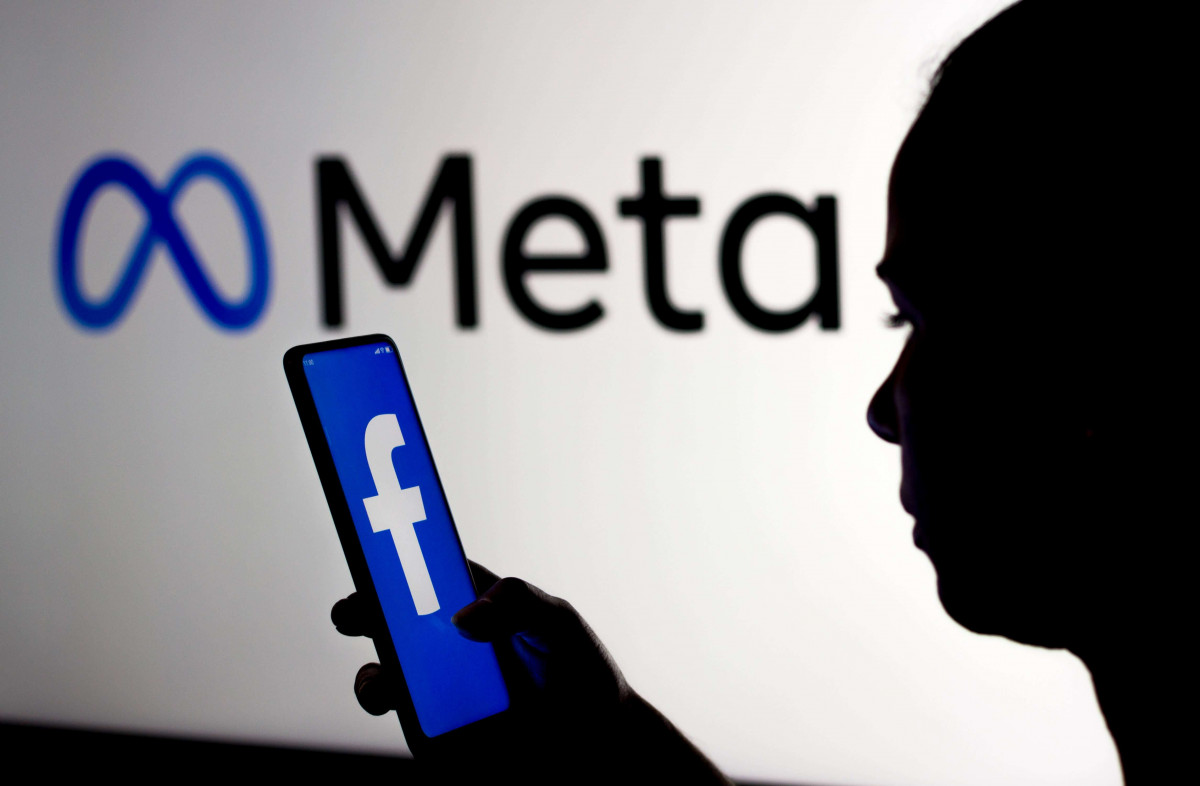


The largest software companies in Silicon Valley, including Google, Meta, Amazon, Microsoft, and Salesforce, are intensifying their lobbying efforts to persuade the Biden administration to temporarily increase the number of H-1B visas issued to foreign workers entering the US.
These businesses maintain that the existing yearly cap of 85,000 H-1B visas is insufficient to fulfil the demands of the quickly changing technology industry. However, their insistence on a higher immigration intake has stoked worries about potential wage repression and worker displacement.
The existing annual H-1B visa cap, according to tech companies, is insufficient to match the demand for highly qualified foreign personnel in the sector. They contend that broadening the scope of the visa program is crucial for promoting innovation on the world market and addressing the lack of highly skilled workers in specialized industries.
The tech sector heavily relies on foreign expertise for critical positions in fields like software engineering, data science, and artificial intelligence.
Compete America argues in a letter to the Biden administration for a quicker H-1B visa application procedure. Tech companies claim that delays make it difficult for them to recruit and keep top people from abroad, which puts them at a disadvantage compared to businesses in nations with more efficient immigration systems.

These tech corporations are criticized for purportedly replacing American labour with H-1B visa holders while supporting the expansion of the H-1B visa program. Critics claim that these businesses have fired thousands of Americans to hire foreign labour to fill the vacancies, potentially causing job losses and raising competition for American workers.
Major tech corporations reportedly made a big number of layoffs recently. Microsoft has gotten rid of more than 10,000 employees, Google over 12,000, Meta and Amazon have significantly reduced their workforces, and Salesforce planned a 10% decrease in headcount that will result in the loss of 8,000 jobs.
These layoffs have sparked worries about the relationship between downsizing and the hiring of H-1B visa holders, raising the possibility of a pattern of hiring foreign workers in place of domestic ones.
The H-1B program has long been the focus of discussion and opposition. Opponents claim that the policy encourages wage suppression by allowing employers to pay foreign workers less than the national median wage. This objection stems from the idea that businesses use the program to access a more affordable labour pool, which may harm American workers' chances of finding employment.
Silicon Valley tech companies urge for more H-1B visas to satisfy business demands, while worries about worker displacement and wage stagnation underline the need for balanced regulations. Finding solutions that satisfy business needs while defending the interests of American workers is a problem for policymakers.
The H-1B visa program needs to be expanded, according to IT giants, in order to close the talent gap, attract highly qualified foreign workers, and maintain competitiveness in the global technology industry.
The H-1B program has come under fire for allegedly having the capacity to drive down wages in the technology industry. According to critics, the program enables employers to pay foreign workers less than the national median wage, lowering American workers' earning potential.